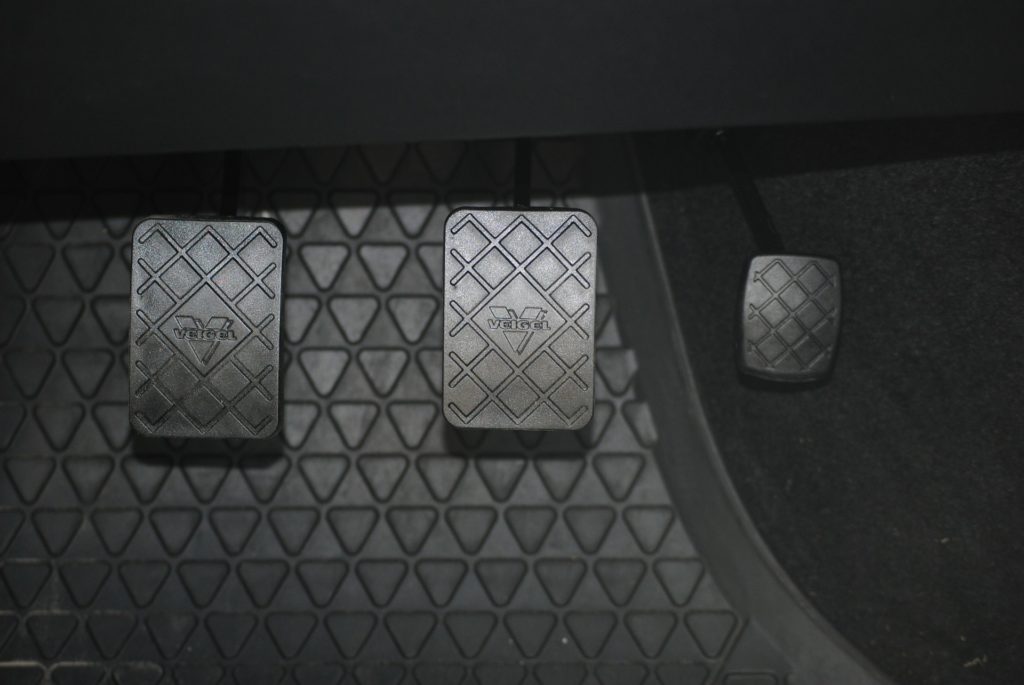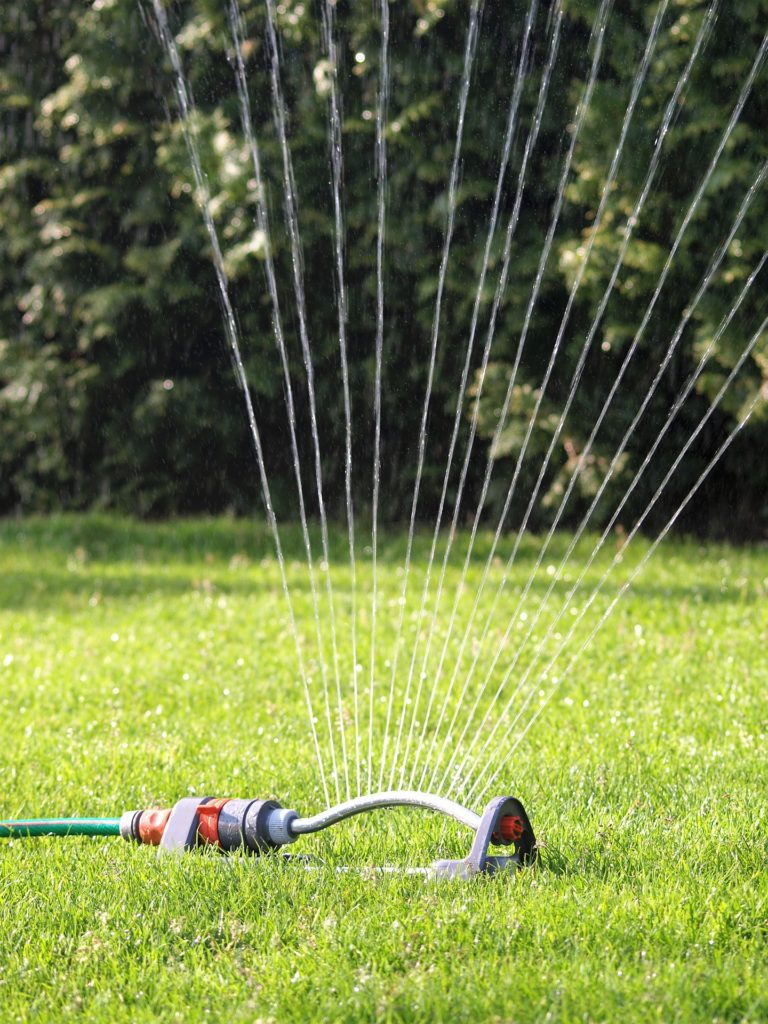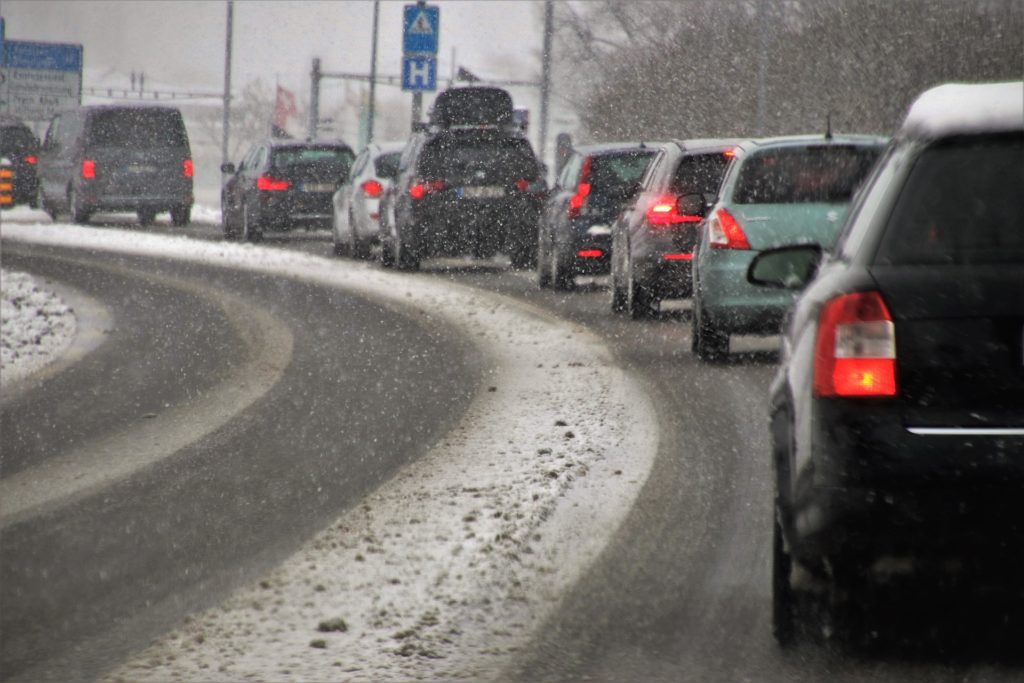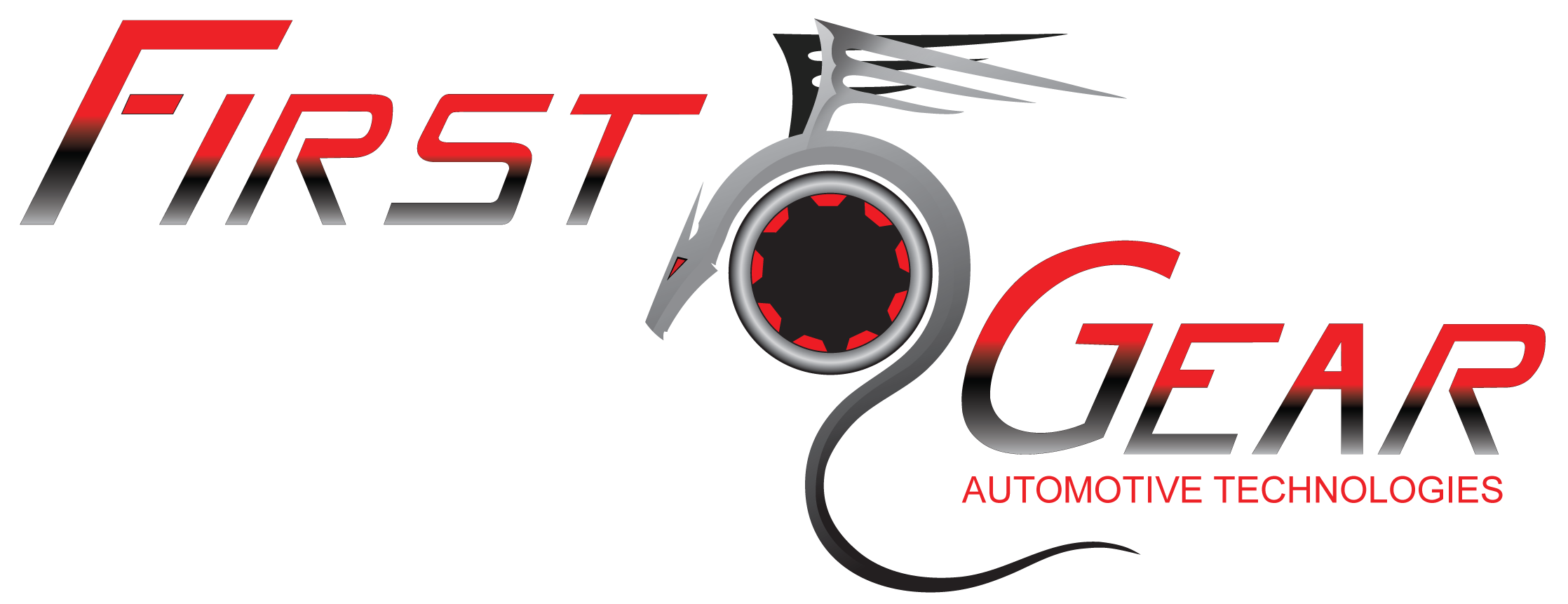Brake Line Failure

The brake system is arguably one of the most important components of the vehicle for keeping you safe. When your brakes fail to work it can be a terrifying experience. Not being able to stop you car can put you and others in a dangerous situation. The brake line is one of the most important components in the brakes system. The brake lines play a key role in your vehicle’s overall brake performance and function, transferring pedal pressure into stopping power. When the brake lines fail, your brakes fail. In this article we take a look at how that happens, what to do when it happens and what you can do to prevent it from happening to your vehicle.

Let’s start by looking at how the brake system works. Most cars feature hydraulic pressure brake systems. Hydraulic systems use pressurized fluid to move components of the vehicle. Brake fluid provides the hydraulic pressure needed to operate the brakes by transferring the pressure applied by your foot to the brake. The brake fluid is stored in the master cylinder and is transferred from the master cylinder to the brake calipers via the brake lines. When you push the brake pedal, you create pressure that moves the brake fluid through the lines and activates the calipers to clamp down on the brakes and, in turn, slow and stop the car. When a brake line breaks, the fluid leaks out and the lack of pressure means it can’t reach the calipers.

Think of a garden water sprinkler. The water is pushed through the hose to the sprinkler and is sprayed out of the holes. Now think of the water hose like the brake lines, what happens if you cut the hose? No water can run into the sprinkler the same way that no brake fluid can run to the calipers. When that happens the brakes do not work. Most cars have diagonally run brake lines, meaning the right front runs to the rear left, and the left front runs to the rear right. This way if one brake line fails the car should still have some braking power. It will not be anywhere near what you are used to, but should be enough to allow you to pull over and stop somewhere safely.

Now that we understand what the brake line does, lets explore how it can become damaged. The brake lines are a rigid pipe generally made of steel. Steel is ideal because it’s durable and able to withstand large amounts of hydraulic pressure. However steel is susceptible to environmental elements. The steel brake lines in a vehicle will eventually rust and break. If you live in a climate where they salt the roads the salt causes corrosion to the brake lines. The same is true if you live in a coastal community. Moisture and road salt corrode the steel over time allowing the brake lines to weaken. Once brake lines become damaged, moisture has the ability to get into the braking system. Some lines simply wear as they age and develop cracks or holes. Continue reading for First Gear’s recommendation on how often to get your break lines checked.
Signs of a damaged brake line;
* A reduction in braking power. If you notice when you press on the brake pedal that it takes longer to brake or isn’t stopping as quickly you should get your brakes checked immediately.
* The brake light comes on. There are many reasons why your brake light comes on, but a leak in the brake line may be one. First Gear recommends getting your car checked as soon as your brake light comes on.
* A brake fluid leak. If you notice that the brake fluid is leaking get to First Gear right away. A small leak can lead to a big leak very quickly.
Suddenly not been able to brake can be a terrifying experience, but there are a few things that you can do help you get through the experience safely.
1. Pump The Brakes
Pump the brake three or four times. Pumping the brake pedal can build up pressure in the brake lines to give it a little bit more braking action. It will not regain full braking power, but can give you enough to be able to pull over and stop the car safely. This will also cause your brake lights to flash which will signal to the vehicles behind you that something is wrong.
2. Down Shift
If you lose braking power, down shifting to a lower gear relies on the engine to do the braking for you. On the gear shift you will either see a series of numbers or letters. Start with the highest number or the letter after drive (D) and work your way down. This will not be a smooth transition if you drive an automatic vehicle. You will feel a jolt, wait a few moments before shifting down to the next gear. This should start to slow the car down. This is a good time to put your four ways on to inform cars around you that something is happening.
3. Pull Over
Often when your brake lines fail, you may have enough power left to be able to come to a complete stop after doing the above two steps. If you have absolutely no braking power you will have to find a soft, safe spot to bank your car. Wait until you have slowed down to a speed under 30 km and pull off the road. Grass, weeds, and dirt all create more friction than pavement and will help bring your car to a complete stop. Whatever you do DO NOT cut the engine if your brake lines fail. Although it may be tempting, cutting your engine will cause the steering wheel to lock and you won’t be able to control the car. Now you won’t be able to stop or steer the car.
Brake Line Failure Prevention
Now that we have looked at how brake line failure can happened and what to do if it does lets offer some suggestions on how to prevent this from happening. The first is regular maintenance. If you have a newer vehicle (5 years or less) First Gear recommends getting your lines checked once a year. For a 5-10 year old car we suggest twice a year (when you get your tires changed is easy to remember). For older cars, every time you get an oil change, get the lines checked. Another way to protect your car from premature brake line damage is to have it rust proofed. Rust proofing offers a spray coating that helps protect the lines from rusting out prematurely. This is especially important if you live in a winter or coastal climate where your car is exposed to salt. As always First Gear is here to help. Contact us with any of your brake questions or concerns.
